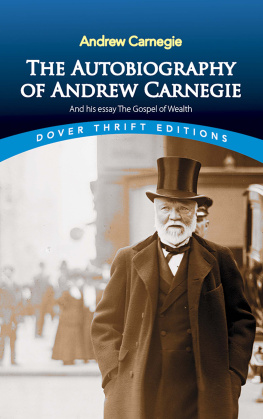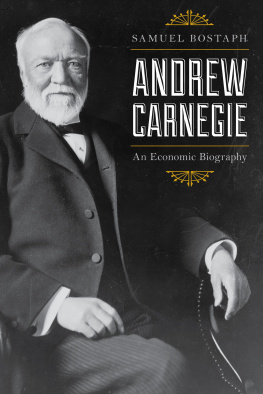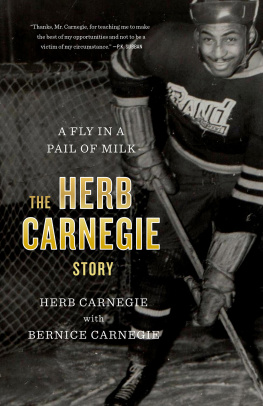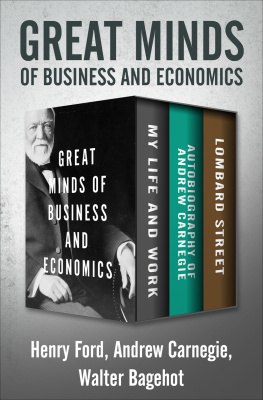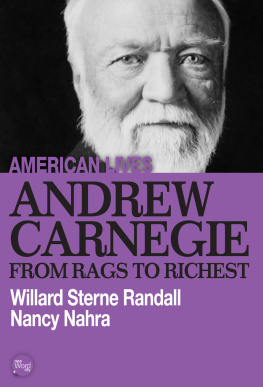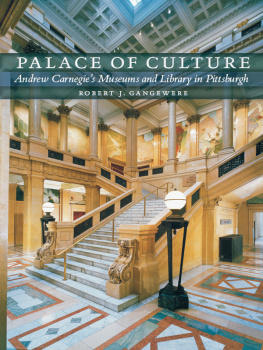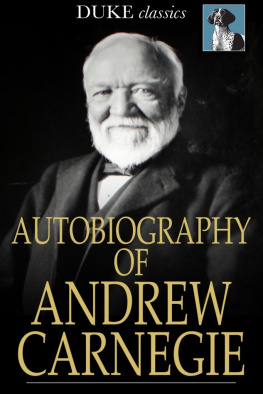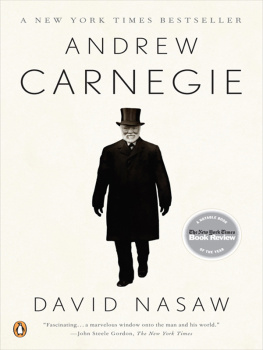
Andrew Carnegie, Mrs. Burton Harrison, Theodore Roosevelt, Thomas Alva Edison, Hiram Stevens Maxim, Hazen S. Pingree, Marshall Field, John Wanamaker, Sir Thomas Lipton, Darius Ogden Mills, Russell Sage, Lyman Judson Gage, Cornelius Vanderbilt, Robert C. Clowry, Herbert H. Vreeland, Samuel Gompers, Nelson A. Miles, Joseph H. Choate, Chauncey M. Depew, Jonathan P. Dolliver, Thomas C. Platt, Tom L. Johnson, Jacob Gould Schurman, James Whitcomb Riley, Edwin Markham, Ella Wheeler Wilcox, William Dean Howells, General Lew Wallace, Edwin Austin Abbey, Alice Barber Stephens, Frederic Remington, Homer Davenport, Charles Dana Gibson, Frederick Burr Opper, F. Wellington Ruckstuhl, Henry Merwin Shrady, Marshall P. Wilder, Marshall P. Wilder, John Philip Sousa, Helen Keller, John Burroughs, Helen Miller Gould, Nathan Strauss, Russell H. Conwell, Frank W. Gunsaulus, Robert Collyer, Robert Laird Borden, Goldwin Smith, S. N. Parent, Andrew G. Blair, James Loudon, Sir William C. Van Horne, Samuel Jones, Philip D. Armour, John B. Herreshoff, Lillian Nordica
Little Visits with Great Americans: Anecdotes, Life Lessons and Interviews
Published by
Books
- Advanced Digital Solutions & High-Quality eBook Formatting -
2021 OK Publishing
EAN 4064066382483
VOLUME 1
Table of Contents
PREFACE
Table of Contents
Experience, says the proverb, is a dear school, and none but fools learn therein. The inference is that to be wise one must suffer himself to be taught by the experience of others. This volume contains the life stories, told by themselves, of many successful men and women, with emphasis on those experiences which to them appear to have been the turning points in their lives.
It is not likely that there is anywhere in existence a similar collection of heart-to-heart talks with distinguished people of equal value to this. The idea of requesting the leaders in invention, manufacture, transportation, commerce, finance, in political and public life, and in the professions of the ministry, the law, literature and art, to bequeath in their own words the stories of their lives, their ideals, and the lessons of their experience, to the American public, originated with Orison Swett Marden, and contributed in no small degree to the immediate and remarkable popularity of Success , in which many of these interviews first appeared. The early files of the magazine are long since exhausted, but the interest in, and demand for, these articles is sufficient assurance that they are of enduring merit, and deserve to be collected in permanent form.
We regard them as a trust. We do not feel that we have a right to withhold them from the public. We have accordingly fulfilled our obligation by presenting them in attractive form, and we are well assured that young and old alike who are striving to attain their ideals in life will recognize the fact that the highest form of self-interest will lead them to read and absorb the practical helpfulness contained in these pages. Many and varied careers have been selected, so that each one may find his ideal of success fulfilled in real life, and be aroused to a lofty aspiration and resolute determination to achieve like eminence. With Emerson we say, Hitch your wagon to a star, and, with Lowell, Not failure, but low aim, is crime.
While for the most part the experiences portrayed in this book occurred upon American soil, in several instances persons born or now living abroad, but prominently identified with American life, have been included.
We acknowledge our indebtedness to the publishers of the Literary Digest, of Colliers Weekly, of the American Review of Reviews, and others who kindly loaned valuable photographs for reproduction, and also to members of the Success editorial staff for valuable assistance in the preparation of this volume.
The Publishers.
INTRODUCTION
Table of Contents
Apelles, the great artist, traveled all over Greece for years, studying the fairest points of beautiful women, getting here an eye, there a forehead, and there a nose, here a grace and there a turn of beauty, for his famous portrait of a perfect woman which enchanted the world. It was not a portrait, not an imaginary ideal head, but a composite, a combination from the most perfect features he could find. By combining the perfect points, the graceful curves, the lines of beauty of many individuals, he made his wonderful painting.
The great artist knew that all elements of beauty and perfection of physical form could not be found in one person. He knew, too, that some of the most perfect features and beautiful curves would be found in women who were on the whole anything but beautifulperhaps repulsive.
The editors of this volume have been for many years in quest of the elements of a grand, healthy, symmetrical, successful manthe ideal man. They knew at the beginning that it would be impossible to find any one man who would illustrate all these points of perfection, who would combine in perfect degree all the success qualities, but they have found in scores of men who have achieved something worth while qualities which, put together, would make a composite ideal man, a man who, in the evolution of civilization, will, perhaps, sometime be possible. Usually, in men who have risen to eminence, some one quality or virtue shines conspicuous, often accompanied with defects, perhaps great weakness, which, to gain the lesson, we must ignore.
The editors have found here a man illustrative of perseverance, here one marked by undaunted ambition, there a life where grit overcame all obstacles, and another where the quick grasping of opportunities led to noble achievement.
They have interviewed successful men and women in the various vocations, trying to get at the secret of their success, the reasons for their advancement. These varied life stories will give the reader the material for constructing the composite characterthe ideal man or womanone that shall combine all the best virtues and qualities, whose imitation will help to insure a useful, profitable and honored life. This composite man will not be a one-sided specialist. He will not be a man cursed with any great weakness. He will be a man raised to the highest power, symmetrical, self-centered, equipoised, ever master of himself.
It does not follow that every man whose name appears in this book is a model in every respect. Napoleon was not a model character, and yet he exemplifies some success qualities in his career in an almost ideal degree.
What question, arising from individual experience, from family life, or from daily observation within the community, is of more poignant human interest than the query: Why do some men succeed, while others fail? and the allied question: What constitutes success in life, and how may it be attained?
An analysis of the ideals and achievements of these leaders in invention, commerce and finance, in public affairs, and in literature, the arts, and the professions, as set forth by themselves, seems to reveal certain salient life lessons well worthy of most careful consideration. First, it would appear that without exception every successful man or woman at some period of his or her life, whether early or late, has formed a life purpose, and has registered a solemn vow to achieve something more than ordinary in the world. An exception to this rule appears to obtain in the cases of men or women possessed of a strong natural bent or talent, the exercise of which is an instinctive craving that will not be denied. This determination to be or to achieve, or this instinctive bent of thought and action, appears to be the first indication of greatness, and the turning point in great careers.


